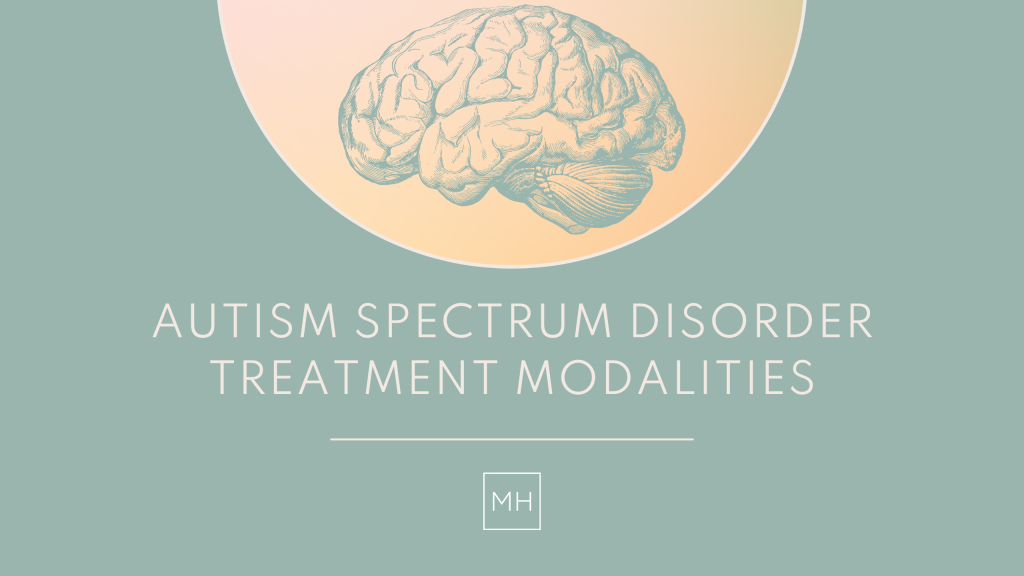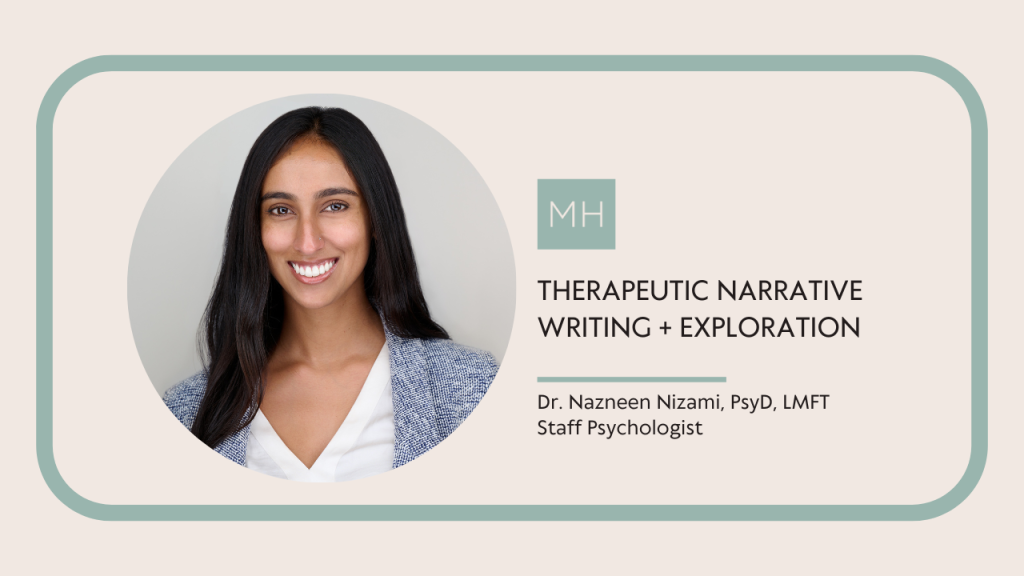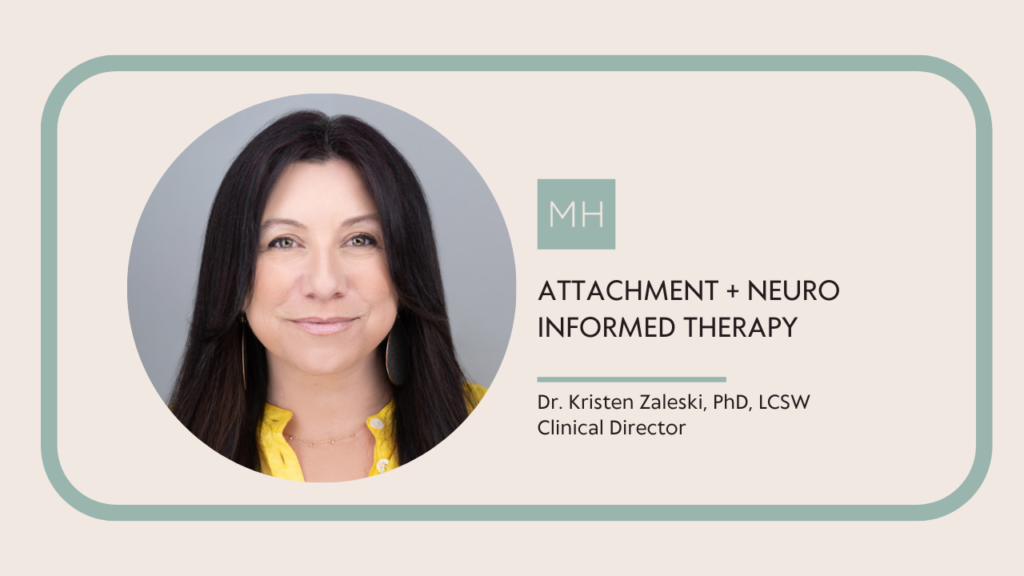AUTISM SPECTRUM DISORDER (ASD) TREATMENT MODALITIES
Autism Spectrum Disorder (ASD) is a neurodevelopmental disorder that affects social communication, emotional regulation, and behavioral development. There are several treatment options that can help individuals with ASD develop and maintain functionality skills, manage behaviors, and improve social communication and interaction. The below list reviews specific treatment modalities empirically proven to treat ASD.
BEHAVIORAL THERAPY
Applied Behavior Analysis (ABA) is a type of therapy that focuses on assisting clients with directive interventions that reinforce positive behaviors and reduce problematic and unhelpful behaviors. ABA can foster the development of new skills, improve communication, and enhance functionality.
“Developing new skills or changing an already existing behavior takes effortful time and step-by-step direction. ABA succeeds in altering unhelpful behaviors by breaking down each task or functional behavior into smaller achievable steps. Most importantly, ABA therapists act as guides and models for preferred behaviors, which promotes intentional learning of new functional skills” – Dr. Nizami
The ABA model offers a variety of intervention styles, including Picture Exchange Communication Systems (PECS) for communicating non-verbally, redirection toward a more appropriate behavior, and functional communication training to replace problematic behaviors.
DEVELOPMENTAL THERAPY
Developmental therapies focus on helping individuals with ASD to learn and develop skills at their own pace. These therapies may include speech therapy, occupational therapy, and physical therapy. Speech therapy is helpful in developing language to express emotions, feelings, and explain experiences. This model is also used to assist individuals with nonverbal communication through PECS, sign language, and hand signaling. Occupational therapy focused on developing skills toward independence. These functional skills may include grooming, eating, independent exercise, and fine motor skills.
“Occupational therapy is an effective treatment for enhancing skills relating to daily functioning. In skills training and enhancement of independent functions, individuals have great access to self-regulation and social interactions” – Dr. Nizami
MEDICATION
Medication has been effective in the management of symptoms of anxiety, attention deficit hyperactivity disorder (ADHD), or sleep disturbances. It is important to discuss medication as a supplemental treatment with healthcare providers.
“Since individuals with ASD often experience these symptoms at a greater capacity and emotional regulation skills are underdeveloped, medication is a supplement therapy to support access to behavior change.” – Dr. Nizami
SOCIAL SKILLS TRAINING
A common experience for individuals with ASD relates to difficulty with social interactions, communication, and engagement.
“As an ABA therapist early in my career, I have worked with many individuals with ASD who are uncomfortable with eye contact, have difficulty picking up social cues, and have ineffective communication often guided by emotional dysregulation. I’ve found that modeling and directive prompting are instrumental in enhancing social skills. When someone is unregulated, they may communicate through yelling and anger, which often becomes the focus of the interaction. Intervening with prompting for breathing strategies, body posturing, progressive muscle relaxation, and holding the boundary of communication only when regulated are imperative for the development of a new social behavior” – Dr. Nizami
As the individual regulates, therapists can reinforce the self-soothing behaviors, model effective communication tone, and offer space for a greater understanding of their experience. Individuals may be challenged with social interactions in group settings, where there is therapeutic direct guidance on each behavior.
ALTERNATIVE THERAPIES
There are alternative therapies that have proven effective in sensory and somatic regulation, such as sensory integration therapy, music therapy, play therapy, or art therapy.
“These alternative therapies are helpful in reducing the distress of sensory input and enhancing relaxation and stress management” – Dr. Nizami
These treatment modalities provide individualized and integrative care, often working on a wrap around service team for a comprehensive support plan. It is important to work with a healthcare professional to discuss the unique needs of the individual with ASD, find therapeutic resources, and explore care options.
DO YOU HAVE A QUESTION?
Send our team a message or call 888.717.9355


